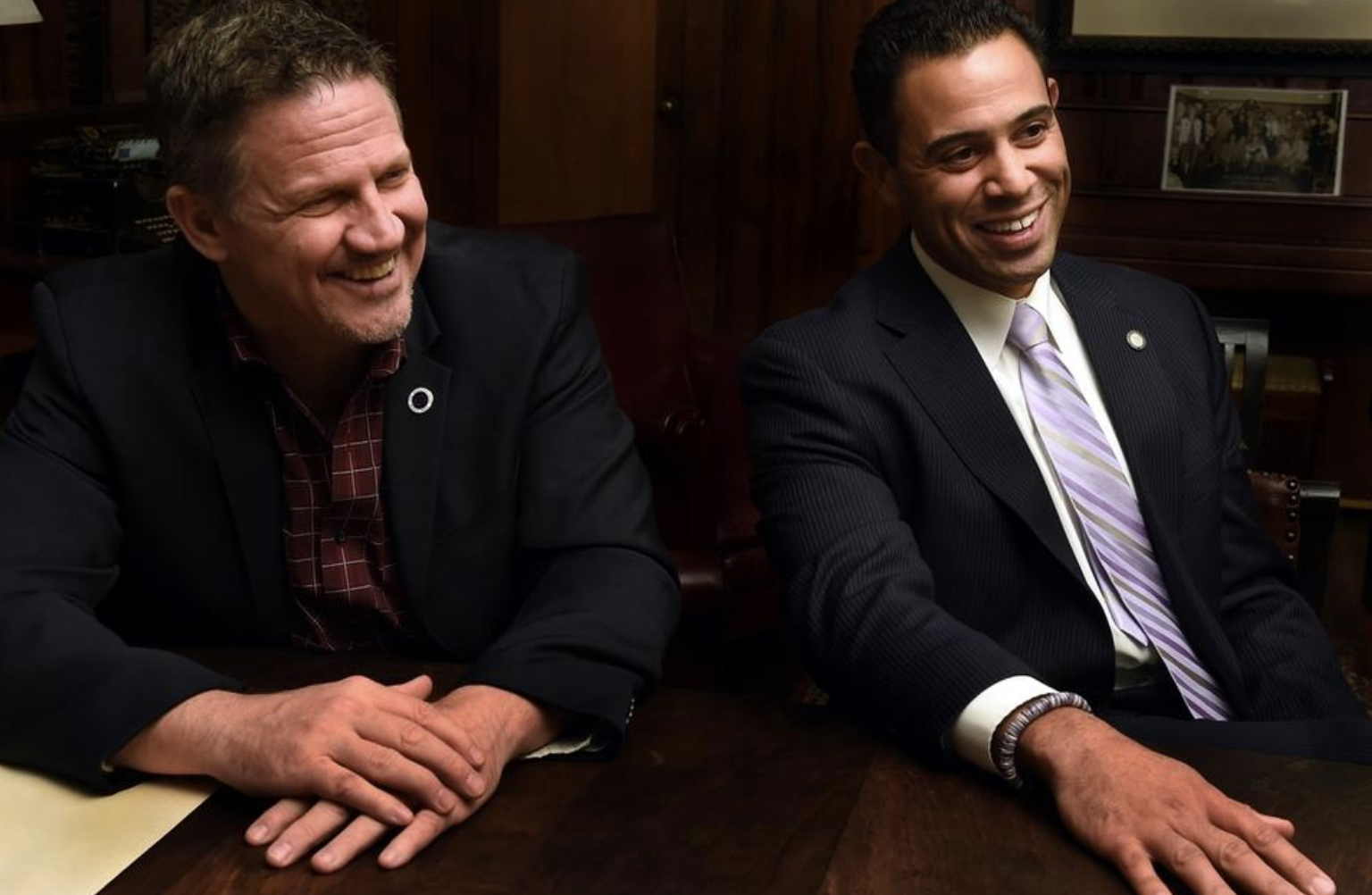Mashantucket Pequot Leader Says Tribes Must Unite in Pursuit of Casinos Both Domestic and Abroad
Posted on: April 30, 2018, 03:00h.
Last updated on: May 2, 2018, 01:25h.
Mashantucket Pequot Tribal Council Chairman Rodney Butler opined this week that Native American groups should come together and pair their assets in order to acquire for marquee casino resorts both domestically and abroad.

Fresh off this month’s National Indian Gaming Association convention in Las Vegas, the Mashantucket leader sat down with CDC Gaming Reports to share his vision of a united tribal gaming front. He cited the recent $1.3 billion Sands Bethlehem sale to the Poarch Band of Creek Indians of Alabama as inspiration that tribal groups can, and should, seek to control more expansive gambling properties.
“That is a big deal. A small tribe deep in the heart of Alabama buying a $1.3 billion asset from one of the largest gaming operators in the world,” Butler declared.
He added that the Sands acquisition “encourages all of us to keep looking at deals and pursuing opportunities.”
Butler’s Mashantucket Pequot tribe owns and operates Foxwoods in Connecticut. The Native American community is currently in the process of jointly constructing a $300 million satellite casino with the Mohegan Sun Indians in the north-central part of the state in an effort to keep gambling dollars from flowing across the border to MGM Springfield in Massachusetts.
Tribal Power
Rodney Butler is under the opinion that Native Americans should form a united front to be better equipped to acquire predominant casino resorts, as opposed to chiefly focusing on regional gaming facilities typically housed on sovereign land.
He says there’s no reason a few tribes couldn’t have gotten together to buy Carl Icahn’s Tropicana Entertainment, which sold earlier this month for $1.85 billion. Butler also believes US tribes should be looking to new international markets, including Japan, which has the eyes and ears of every major commercial casino operator on planet earth.
“We have some of the best gaming analysts in the country working for us. We can analyze these deals and know what a fair price is to pay. We don’t give ourselves enough credit in Indian country of how well we run these facilities in comparison to the commercial operators,” Butler opined.
“The extreme example is what if a consortium of tribes come together and made a serious play in something in Japan or Brazil. That is how we have to think,” he concluded.
Response to MGM
The Mashantucket Pequot Indians have plenty of reason to want to unite with other tribes to create a stronger coalition. After receiving state approval to construct a satellite casino in East Windsor, MGM Resorts, looking to protect the largest gaming monopoly possible around its $960 million Springfield investment, began lobbying Connecticut lawmakers to hold an open bidding process.
MGM spent millions of dollars trying to convince state lawmakers that it was interested in building a $675 million integrated casino resort in Bridgeport. The commercial casino company spent $3.8 million lobbying in Connecticut last year alone, while the two tribes mutually spent less than $1.5 million.
Foxwoods and Mohegan Sun have seen gross gaming revenues (GGR) decline over the last decade as commercial competition has expanded in nearby states. Slot win has fallen from $1.72 billion in the 2006/07 fiscal year to $1.06 billion in 2016/17.
Last Comment ( 1 )
This whole “Indian tribal” thing is a plain fraud upon the United States Constitution. It never ceases to amaze me how easy it is for politicians-state and federal-to dumb down as gullible non-Indian U.S./State citizens into believing that they-politicians-can pass common law that regulates from the womb to the tomb the health, welfare, safety, benefits, capacities, metes and boundaries of a select group of U.S./State citizens made distinguishable from all other non-Indian U.S./State citizens because of their "Indian ancestry/race" at the same time the Constitution’s 14th Amendment’s ‘equal protection’ foreclosed the very same politicians from enacting common law regulating from the womb to the tomb the health, welfare, safety, benefits, capacities, metes and boundaries for select group of U.S./State citizens with 'slave ancestry/race' all without a shred of Constitutional authority to do so. There is no such thing under our Constitution as "sovereign Indian land!"